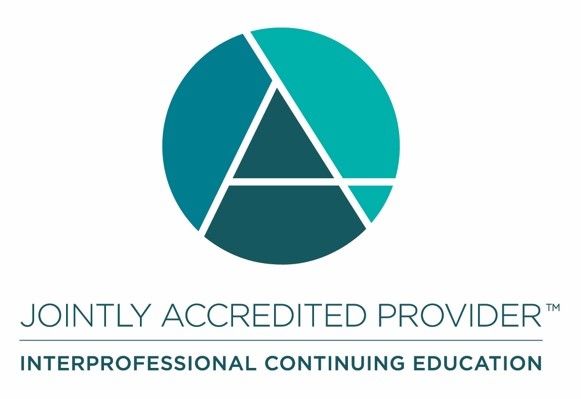Course Overview
Is Cooperation Possible?
Explore how cooperation improves healthcare outcomes. Learn about barriers to collaboration, financial incentives, and alternative payment models that drive integrated care and system-wide improvement.
2024 Annual Conference
October 25-27, 2024
Required Lessons
1 lesson with pre-test, video, post-test, and evaluation
Time to Complete
40 minutes
CME Eligible*
0.75 credit(s)
Detailed Course Info
Course Description
Accreditation
Accreditation Statements
American Osteopathic Association
Designation Statements
Physicians
Pharmacist
Nurses
Certificate of Attendance
Learning Objectives
Target Audience
Disclosures
Planner(s)
Speaker(s)
What's included in this course?
This course includes the following:
Write your awesome label here.

